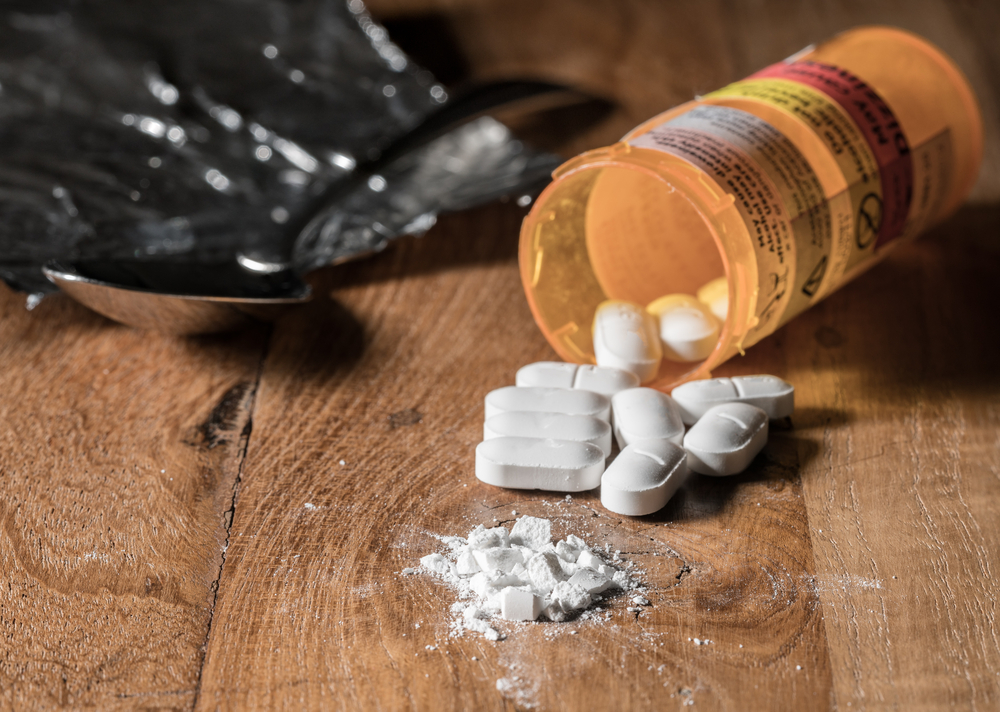Opioids are some of the most addictive drugs on the face of the planet. In fact, studies have estimated relapse rates for opioids like heroin to be as high as 91% in some cases.
But these substances aren’t just incredibly addictive – they’re also exceptionally dangerous.
And if you’re planning on detoxing from these powerful drugs on your own, you’re both setting yourself up for failure and also putting your life at risk.
Why?
Because withdrawal from opioid drugs is often fatal.
Opioids: Why So Addictive?
When it comes to drugs with the most addictive potential, many experts believe that opioids are at the top of the list.
First, opioids are dangerously overprescribed by modern physicians. The combination of addictive potential and the comfort of a legitimate prescription can turn a moderately helpful treatment into a long-lasting physical dependency.
Secondly, opioids are by themselves incredibly addictive. Almost 20% of patients that receive a 10-day prescription for an opioid pain reliever actually end up taking these drugs in the long-term. What’s more, physical dependency can begin to develop in as little as just a few days when using these medications.
And finally, opioids are also notoriously addictive because of the incredibly painful withdrawal symptoms that their detox can bring. Some symptoms patients often experience include extreme mood disorders (e.g. irritability, anxiety, depression), overwhelming muscle aches, and persistent gastrointestinal problems.
These symptoms can be so severe that habitual opioid abusers fall back into using again to get relief from the overpowering side effects of detoxification.
But while relapsing on many other drugs may result only in rekindling an old addiction, turning back to opioids after detox can be deadly.
Why Withdrawal from Opioid Drugs Is Often Fatal
Unlike most other substances of abuse, opioids are some of the only drugs that can be especially life-threatening during the detoxification process.
Because opioids have a unique tendency to build up tolerance particularly quickly, many legitimate opioid users soon need to take more of the drug (and increase the likelihood of addiction) to stave off their pain.
Similarly, tolerance to opioids also tends to drop unusually fast.
Within just a short amount of time off of opioids, a habitual user may need far less of the drugs to achieve the same high or pain relief than they’re used to.
You may stay clean of an opioid for a week or more but then relapse back into abusing opioids. However, if you abuse the same amount as you were before treatment, your body’s tolerance will have dropped dramatically.
As such, your previous dosage could end up causing a life-threatening overdose in your less-tolerant system. And without the proper medical support to reduce the odds of detox failing, your life is at risk.
Medical Detox: Essential for Recovery from Opioids
Few substances are as overwhelmingly addictive as opioids. Not only do they cause dependency much faster than many other drugs, they’re also overprescribed and coupled with painful symptoms of withdrawal.
And when you combine an especially addictive drug with a highly-volatile tolerance, the risk of a life-threatening overdose after relapse is much more severe with opioids.
That’s why partnering with a medical detox facility for your opioid addiction is so important. Not only does it make withdrawals less severe, it can also further enhance your chances of a full recovery and a sober future. Contact us today to get started.





